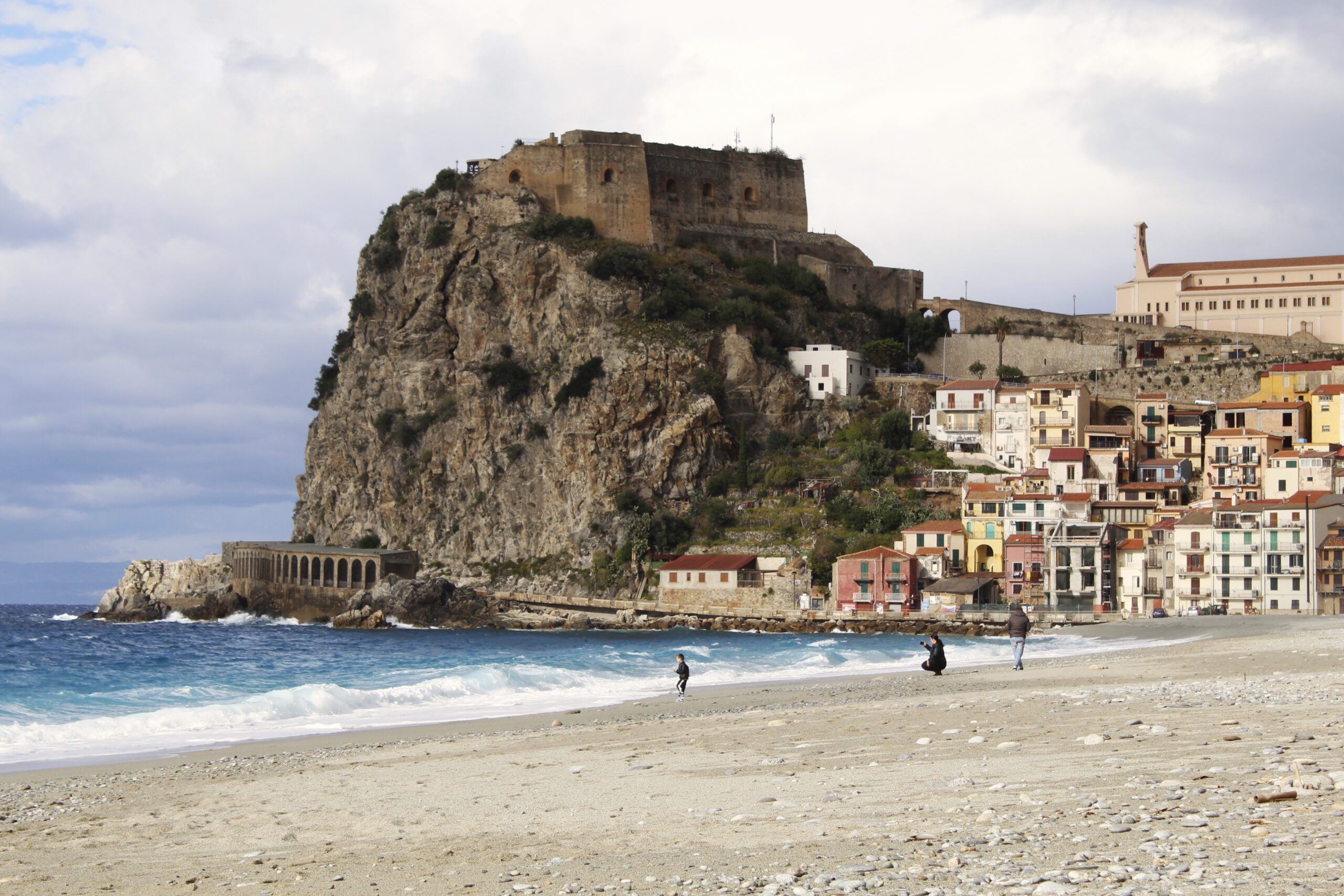Last fall, I moved to southern Italy—a big jump for someone who had never left the eastern side of the North American continent. I had graduated in May and was beginning the Fulbright Scholarship to do independent research with a university in Calabria. I moved to the small city where I would spend the next nine months with nothing but my luggage and a letter proving my affiliation with my academic department. Getting the rest together—an apartment, new friends, my life—turned out to be harder than I had anticipated. In the first few weeks, even the logistics of creating a log-in for the campus wifi caused trouble, as the university administration had no idea who I was or why I was there. Neither did the students. As the region that receives the least international visitors, being a young American in Calabria emerged as an oddity. Anyone I met would unabashedly ask what I was doing here, even being so befuddled as to say I picked the worst place to live in Italy. It was my first time in Europe and the first place where I felt like an outsider.
In the United States, I never shied from embracing the Italian heritage of my Sicilian-born grandparents, distinguishing myself among the expanse of American identities. I soon found that in southern Italy, I was just American. My Italian surname and olive-skinned appearance could occasionally help me blend into a crowd, but my cover was blown as soon as I opened my mouth and unveiled my mediocre Italian language abilities. Being American could be charming in some contexts—one friend often told me he much preferred my accent over the English one—but awkward in others. I had an American friend who told people he was from Canada because, according to him, it was less likely someone would have a problem with a Canadian. In my case, being upfront about my Pennsylvanian origins helped spark most of the friendships I found in Calabria. However, attempting to integrate into Calabrian communities made me feel only more like an outsider. I would often try to contribute what Italian I knew into the conversation, but I spent most of the time listening to my friends talk amongst themselves, their exchanges starting slow and then becoming faster, more colloquial, and thus more incomprehensible to me. In those moments, I became most aware of the impermanence of my presence—that I was a visitor there. And even if I could stay forever, coming to be fluent with time, I knew I could never relate entirely to the southern Italians that surrounded me. They shared an upbringing to which I would never have access.
My foreignness existed not only on campus or among friends but in my research too. When I had conducted interviews for past research, it was typically with Americans. In Calabria, I was entering new territory, communities of people who did not know me or the reason for my interest in them. Even telling friends about my research could feel odd, as I would explain, “Well, I am interviewing farmers about their choice to remain in Calabria when it seems no young people really want to anymore,” to young people living in Calabria. When I sought out participants, I feared being perceived as a stranger barging into the life of another, itching to grill them with questions and then leave. Of course, that is never how it went. The people I met welcomed me into their homes without hesitation, happy to share the story that led them there. Our exchange continued over homemade meals and tours of their land and the food they grew. After doing the structured interview, I had the chance to explain my interest in agriculture and southern Italy, hoping the fact that my nonno grew up tending to wheat fields in Sicily lent me a little more credibility. They even tolerated my choppy Italian. Despite my concerns at the start, every day of fieldwork concluded with more insights and new connections.
Being an outsider can be okay. So many people welcomed me into their lives regardless. The friends I made knew me for the kind of person I was, not where I grew up or what I studied.
Because of their kindness, I slowly detached from the ideas of identity I once held so tightly. And in inevitable moments of isolation, I discovered a new kind of gratitude for the people and places I already knew. When I sat trying to discern what I could grasp amid the unfamiliar dialect of my Calabrian company, I thought of my loved ones back home and the language we shared—jokes and experiences understood only between us. I could never return home having shed my American selfhood, transformed into someone entirely Italian, and that was for the better. What mattered was that I became more me.

